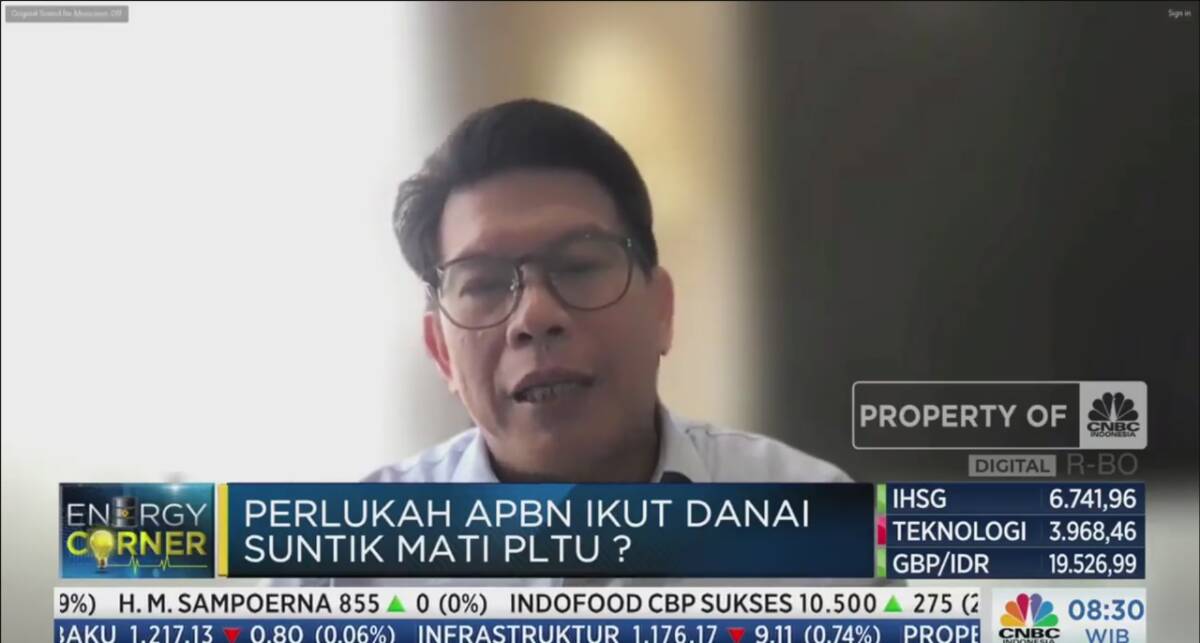Jakarta, October 24, 2023 - Accelerating the early retirement of coal-fired power plants (CFPPs) and establishing renewable energy-based power plants is crucial to achieving our energy transition targets. The government has released financing guidelines outlined in the Regulation of the Minister of Finance (PMK) Number 103 of 2023 to facilitate this process. This regulation aims…

